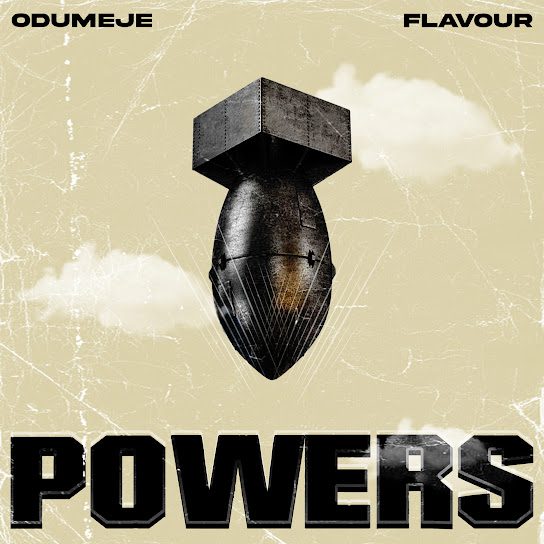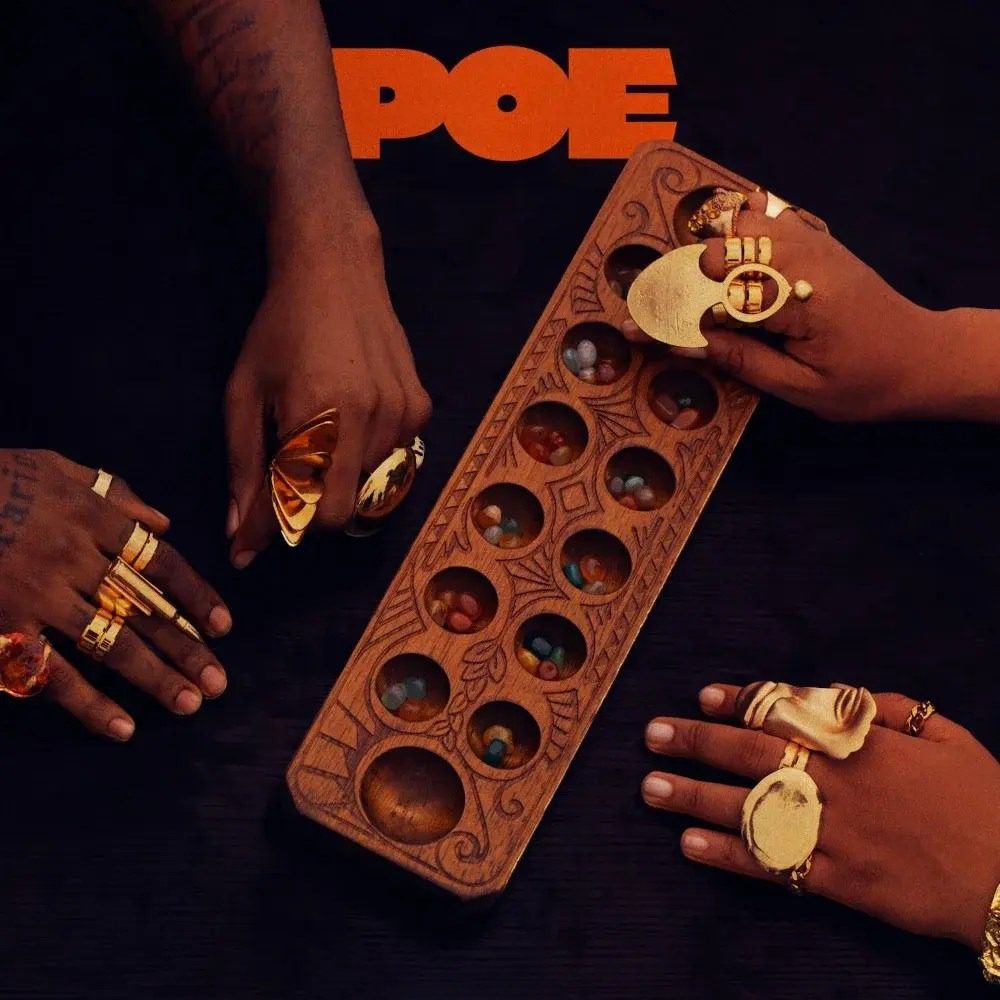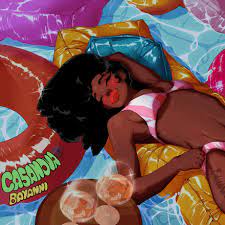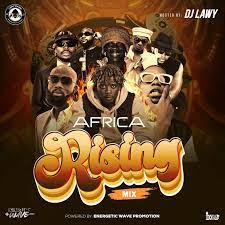King Sunny Ade, a Nigerian singer, songwriter, and guitarist who is considered one of the pioneers of modern African music and a global ambassador for the genre of juju music.
King Sunny Ade, born Sunday Adeniyi Adegeye on September 22, 1946, in Ondo, Nigeria, began his musical journey at a young age. Influenced by traditional Yoruba music and Western pop and jazz, he developed a unique sound that would later define the genre of juju music.
In the 1960s, King Sunny Ade formed his band, The Green Spots, and underwent a musical transformation. He introduced the pedal steel guitar, Hawaiian guitar, and accordion into his music, creating a vibrant fusion of traditional Nigerian rhythms with elements of highlife, Afrobeat, and Western instrumentation. This innovative approach reshaped the landscape of Nigerian music and established King Sunny Ade as a trailblazer.
In the 1970s, King Sunny Ade’s popularity skyrocketed with the release of his breakthrough album, “Juju Music” (1982). The album featured his signature guitar work, intricate percussion, and his band’s infectious grooves, all accompanied by his smooth vocals. Songs like “Ja Funmi” and “Synchro System” became instant hits, not only in Nigeria but also internationally, earning him a dedicated fan base across Africa and beyond.
With his energetic stage presence and flamboyant attire, King Sunny Ade captivated audiences around the world. His performances became known for their electrifying atmosphere, pulsating rhythms, and intricate dance routines. King Sunny Ade and his band, now known as the African Beats, embarked on numerous successful tours across Africa, Europe, North America, and Asia, spreading the joy of juju music to diverse audiences.
Over the course of his career, King Sunny Ade released numerous albums, each showcasing his evolving musical style and lyrical depth. From the rhythmic complexities of “Juju Music” to the introspective themes explored in “Oduduwa” (1998), his discography spanned a wide range of emotions and narratives. His ability to blend cultural traditions with contemporary influences endeared him to fans worldwide and solidified his status as a musical icon.
his musical achievements, King Sunny Ade also ventured into other creative endeavors. He composed the score for the Nigerian movie “Omo Orukan” and participated in collaborations with notable international artists, including Manu Dibango, Stevie Wonder, and Salif Keita. He also served as a cultural ambassador for Nigeria, promoting the country’s rich musical heritage and contributing to the cultural exchange between nations.
Throughout his illustrious career, King Sunny Ade received numerous accolades and awards. He became a recipient of the Grammy Lifetime Achievement Award in 2009, recognizing his remarkable contributions to music. In Nigeria, he was honored with the National Honors of the Officer of the Order of the Niger (OON) and the Commander of the Order of the Niger (CON) for his cultural impact and philanthropic efforts.
King Sunny Ade’s musical legacy is immeasurable. His pioneering spirit, innovative approach, and commitment to preserving and promoting Nigerian music continue to inspire generations of musicians. He bridged the gap between tradition and modernity, using music as a vehicle to express the rich cultural tapestry of Africa and unite people across borders.
Today, King Sunny Ade’s influence is felt not only in juju music but also in the broader world music scene. His infectious rhythms, soulful melodies, and charismatic stage presence have left an indelible mark on the global music landscape. King Sunny Ade, still actively performing, remains a beloved figure, revered as a true legend of African music.
As King Sunny Ade continues to enchant audiences with his timeless music, his legacy as a cultural icon and an ambassador of African music lives on, ensuring that his name and his contributions will forever b
e celebrated.



























0 comment